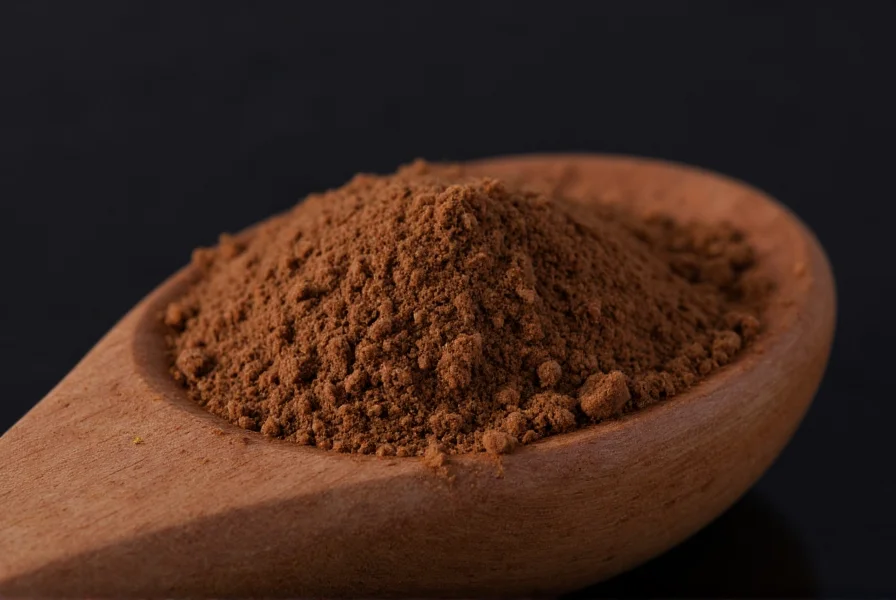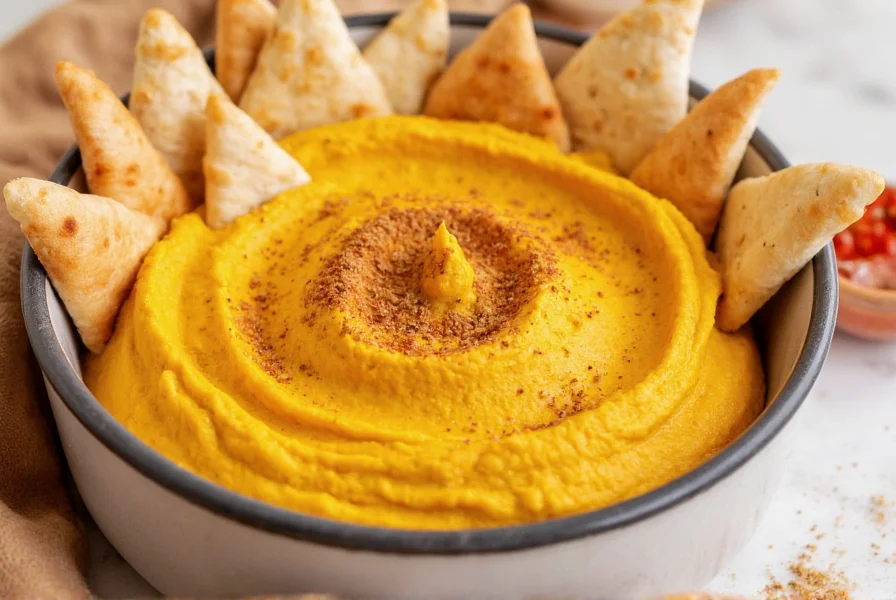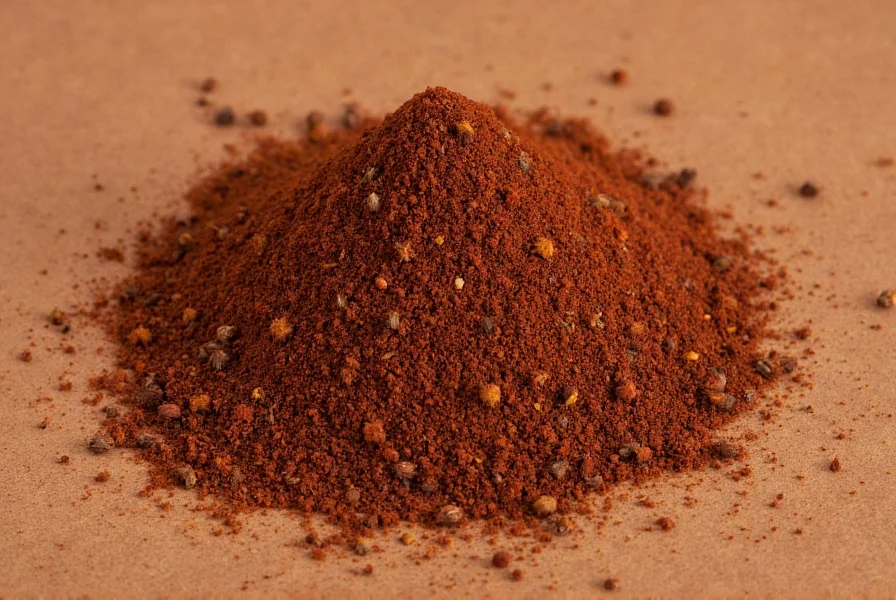Derived from the aromatic flower buds of the clove tree native to Indonesia, ground clove spice has been prized for centuries in global cuisines and traditional practices. The grinding process releases volatile oils that deliver immediate flavor impact but also reduces shelf life compared to whole cloves. Understanding proper usage, storage, and substitution techniques ensures you maximize this potent spice's culinary potential.
What Exactly Is Ground Clove Spice?
Ground clove spice consists of dried clove buds pulverized into a fine powder. The clove tree (Syzygium aromaticum), part of the Myrtaceae family, produces these nail-shaped flower buds that are harvested before blooming. After sun-drying for 4-5 days, the moisture content drops from 60% to 10-12%, concentrating the essential oils that give cloves their signature aroma.
When comparing ground cloves versus whole cloves, the primary difference lies in surface area exposure. Grinding increases the spice's surface area by approximately 300%, accelerating both flavor release and oxidation. This explains why ground cloves lose potency within 6 months while whole cloves maintain quality for 2-3 years. For authentic how to identify quality ground clove spice, look for deep brown powder with minimal dust and a strong, sweet-woody aroma when rubbed between fingers.
Nutritional Composition and Research-Supported Benefits
Per teaspoon (2.1g), ground clove spice contains:
| Nutrient | Amount | % Daily Value |
|---|---|---|
| Calories | 6 | 0% |
| Dietary Fiber | 1.1g | 4% |
| Manganese | 0.2mg | 10% |
| Vitamin K | 2.5mcg | 2% |
| Eugenol | 85-90% | N/A |
Research indicates several potential benefits of moderate ground clove spice consumption:
- Dental applications: Eugenol's antiseptic properties make clove oil a traditional remedy for toothaches (Journal of Indian Society of Pedodontics, 2018)
- Antioxidant capacity: Cloves contain 30 times more antioxidants than blueberries by ORAC value (USDA, 2021)
- Digestive support: Traditional medicine systems use cloves to alleviate nausea and improve digestion
Important note: While exploring ground clove spice health benefits, remember that most research uses concentrated extracts. Culinary amounts provide flavor enhancement rather than therapeutic effects. Consult healthcare providers before using cloves medicinally.
Culinary Applications and Flavor Pairing Guide
Ground clove spice shines in both sweet and savory applications due to its complex flavor profile. When incorporating cloves into recipes, consider these professional chef recommendations:
- Baking applications: Use 1/4 teaspoon in gingerbread, pumpkin pie, or chai spice blends. Cloves pair exceptionally well with cinnamon, nutmeg, and allspice in holiday baking with ground cloves
- Savory dishes: Add 1/8 teaspoon to braising liquids for meats, especially ham glazes or Moroccan tagines
- Beverages: Steep 1/4 teaspoon in hot apple cider or mulled wine for authentic winter drinks using ground cloves
Mastering how to use ground cloves without overpowering dishes requires understanding their potency. Start with 1/8 teaspoon in unfamiliar recipes, tasting before adding more. Cloves contain eugenol, which can become medicinal-tasting when overused. For balanced flavor in ground clove spice in Indian cooking, combine with cardamom and cinnamon to mellow its intensity.

Ground Cloves vs. Whole Cloves: Practical Comparison
Understanding the differences helps determine when to use ground cloves versus whole cloves in your cooking:
| Characteristic | Ground Cloves | Whole Cloves |
|---|---|---|
| Shelf Life | 6 months | 2-3 years |
| Flavor Release | Immediate | Gradual (requires simmering) |
| Measurement Precision | Exact (teaspoons) | Approximate (count) |
| Best For | Doughs, batters, dry rubs | Braising liquids, pickling, infusions |
| Substitution Ratio | 1 tsp = 15 whole cloves | 15 cloves = 1 tsp ground |
Proper Storage Techniques for Maximum Freshness
To maintain how to keep ground clove spice fresh, follow these evidence-based storage methods:
- Store in an airtight container away from light and heat sources
- Keep in a cool, dark cupboard (not above the stove)
- Use within 6 months for optimal flavor (vs. 2-3 years for whole cloves)
- Consider freezing in vacuum-sealed bags for extended storage
A simple freshness test: rub a small amount between your fingers. If the aroma is weak or musty, it's time to replace your supply. For those exploring buying ground clove spice in bulk, purchase only what you'll use within 3-4 months to ensure peak quality.
Three Simple Recipes Featuring Ground Clove Spice
Classic Apple Cider Simmer
Perfect for using ground cloves in fall recipes:
- 4 cups apple cider
- 1/4 teaspoon ground cloves
- 1 cinnamon stick
- 1 orange (sliced)
- Simmer 20 minutes, strain, and serve
Spiced Pumpkin Hummus
An innovative use for ground clove spice in savory dips:
- 1 can chickpeas (drained)
- 1/2 cup pumpkin puree
- 1/8 teaspoon ground cloves
- 1/4 teaspoon cinnamon
- Blend until smooth, chill before serving

Easy Gingerbread Cookies
Ideal for baking with ground cloves for beginners:
- 2 1/4 cups flour
- 1 1/2 teaspoons ground cloves
- 1 teaspoon baking soda
- 1/2 cup molasses
- Roll to 1/4-inch thickness, cut shapes, bake at 350°F for 8-10 minutes
Common Substitutions When You Run Out
Understanding what to use instead of ground cloves prevents recipe failures:
- Allspice: Use 3/4 teaspoon allspice for every 1 teaspoon cloves (closest flavor match)
- Nutmeg: Substitute 1/2 teaspoon nutmeg for 1 teaspoon cloves in sweet applications
- Cinnamon: Replace with 1 1/2 teaspoons cinnamon when cloves are secondary
- Pumpkin pie spice: Use 1 1/4 teaspoons for every 1 teaspoon cloves
Remember that no substitute perfectly replicates cloves' unique profile. For ground clove spice alternatives in Indian recipes, consider a blend of equal parts cinnamon, cardamom, and nutmeg to approximate the complexity.
Frequently Asked Questions
Can ground cloves replace whole cloves in recipes?
Yes, but with precise conversion. Use 1/4 teaspoon ground cloves for every 3 whole cloves. Remember that ground cloves distribute flavor more evenly but lose potency faster, so adjust based on recipe type. For substituting ground cloves for whole in baking, the direct conversion works well, but for simmered dishes, whole cloves provide more controlled flavor release.
Is ground clove spice safe for daily consumption?
Yes in culinary amounts (up to 1/2 teaspoon daily). Ground clove spice contains eugenol, which in excessive amounts may cause mouth irritation or interact with blood thinners. For safe daily use of ground clove spice, limit to standard recipe quantities. Consult your healthcare provider before using cloves medicinally.
Why does my ground clove spice taste bitter?
Bitterness typically indicates either expired spice or excessive usage. Ground cloves should have a warm, sweet aroma. For fixing bitter ground clove spice in recipes, balance with sweetness (honey, sugar) or acidic elements (lemon juice, vinegar). Always measure precisely—cloves become bitter when used beyond 1/4 teaspoon per serving.
How can I tell if ground clove spice has gone bad?
Check for these signs of expired ground clove spice: weak or musty aroma, faded brown color, or clumping. Properly stored cloves maintain potency for 6 months. For testing ground clove spice freshness, rub a small amount between fingers—if the strong, sweet-woody scent is missing, replace your supply. Never use cloves with visible mold or off odors.











 浙公网安备
33010002000092号
浙公网安备
33010002000092号 浙B2-20120091-4
浙B2-20120091-4